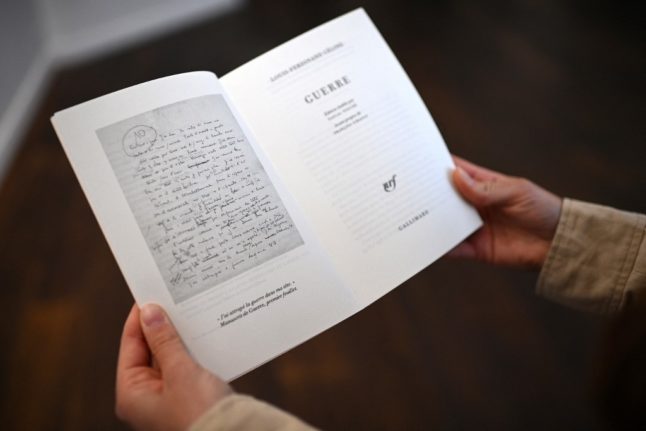Publisher Lattes has trademarked the title of the book, which has sold a quarter of a million copies in France since it hit shelves a month ago, and told AFP it has sent warning letters to two publishers it accuses of infringement.
One of them, Les Editions First, has released "Decoding Fifty Shades of Grey" by Ana de Lis and is planning a "Fifty Shades of Grey Cookbook" for January.
The second, Contre-dires, published a French translation of "50 Ways to Play: BDSM for Nice People" – billed as a practical guide to bondage, dominance, sadism and masochism by Debra and Don Macleod.
Lattes warned it may take further action depending on the response it gets from the publishers' lawyers.
Other spin-offs released in France include a translation of "Fifty Shades of Pleasure: A Bedside Companion" by Marisa Bennett, published by Larousse, with at least three more titles planned in France for 2013.
"Some of these titles, which pick up on elements of the book, are clearly parasitical," said Laurent Laffont, editorial director at Lattes, which trademarked the title at the request of the agent of British author E.L. James.
"We would like those planning new releases next year to know that we are watching very closely to ensure they are not parasitical. We will be very vigilant," he warned.
Spiced up with sado-masochism, the 2011 novel is the first part of a trilogy about a relationship between a college graduate and a young business magnate. It has sold some 40 million copies worldwide.
For fans of the book, a range of naughty bedroom accessories went on sale this month in France, billed as the official E.L. James-approved "Fifty Shades" sex toy collection.


 Please whitelist us to continue reading.
Please whitelist us to continue reading.
Member comments